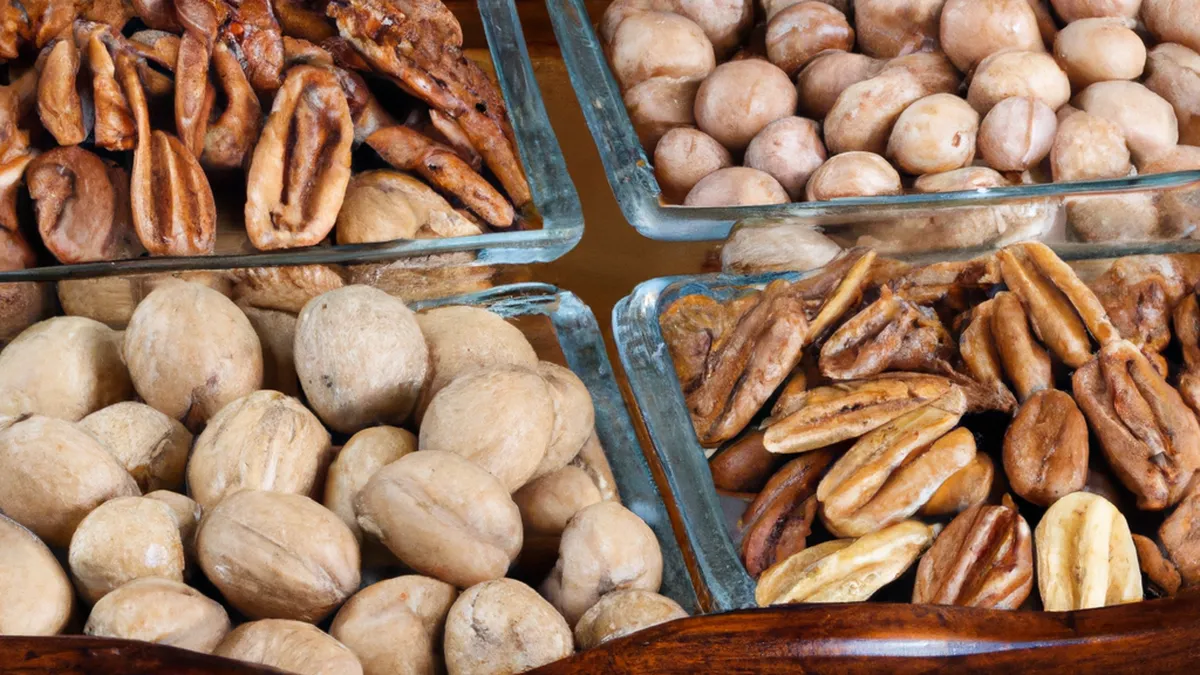Whole Foods: Your Secret to Lasting Energy
The Benefits of Utilizing Whole Foods for Long-Distance Fueling
Nutrition significantly impacts performance in long-distance activities like running and cycling. Many athletes rely on processed snacks for quick energy. Whole foods offer a more sustainable and effective fueling option. This post explores the benefits of whole foods and provides practical tips for making the switch.
Why Choose Whole Foods?
Whole foods remain minimally processed and rich in essential nutrients. They include fruits, vegetables, nuts, seeds, and whole grains. These foods supply vitamins, minerals, and antioxidants that your body needs during physical activities. They also contain complex carbohydrates that release energy slowly, giving sustained fuel for long-distance endeavors.
Nutrient Density
Whole foods boast high nutrient density. They deliver a wealth of vitamins, minerals, and phytonutrients per serving. For example, bananas provide potassium, which helps prevent muscle cramps. Sweet potatoes offer carbohydrates, fiber, and beta-carotene. Choosing whole foods ensures your body receives essential nutrients, enhancing performance and overall health.
Better Digestion
Whole foods generally digest easier than processed options. They contain dietary fiber that aids digestion and stabilizes blood sugar levels. This benefit is crucial during long-distance activities when your body faces physical stress. Whole foods help your body focus on performance rather than struggle with heavy, processed foods that cause discomfort.
Reduced Risk of Inflammation
Long-distance activities often induce inflammation. Whole foods, especially fruits and vegetables rich in antioxidants, help combat this issue. Foods like berries, leafy greens, and nuts contain compounds that fight oxidative stress. Incorporating these foods into your diet can reduce post-exercise soreness and improve recovery.
Practical Tips for Incorporating Whole Foods
Integrating whole foods into your fueling strategy can be simple and rewarding. Here are tips to help you get started:
Plan Ahead
Preparation plays a vital role in nutrition. Plan meals and snacks in advance to ensure healthy options during your adventures. Consider packing whole grain wraps with avocado and turkey or making energy balls with oats, nut butter, and dried fruits. Planning helps you avoid processed snacks when hunger strikes.
Experiment with Snacks
Your body reacts differently to various foods, so experiment with whole food snacks to find your best options. Some athletes prefer dried fruits like apricots or figs, while others enjoy nut mixes for protein boosts.
Conclusion
Incorporating whole foods into your long-distance fueling enhances performance and promotes overall health. Prioritize planning and experimenting to find the best options for you.
Below are related products based on this post:
FAQ
What are the main benefits of using whole foods for long-distance fueling?
Whole foods are minimally processed and rich in essential nutrients, providing vitamins, minerals, and antioxidants necessary for physical activities. They offer complex carbohydrates that release energy slowly, ensuring sustained fuel for long-distance endeavors. Additionally, whole foods can improve digestion and reduce the risk of inflammation, enhancing overall performance and recovery.
How do whole foods contribute to better digestion during long-distance activities?
Whole foods typically contain dietary fiber, which aids in digestion and helps stabilize blood sugar levels. This is particularly important during long-distance activities, as it allows your body to focus on performance rather than dealing with the discomfort often caused by heavy, processed foods.
What are some practical tips for incorporating whole foods into my diet?
Planning meals and snacks in advance is crucial for successfully integrating whole foods into your fueling strategy. Consider packing options like whole grain wraps with avocado and turkey or energy balls made from oats, nut butter, and dried fruits. Additionally, experiment with different whole food snacks to determine which options work best for your body.















Post Comment